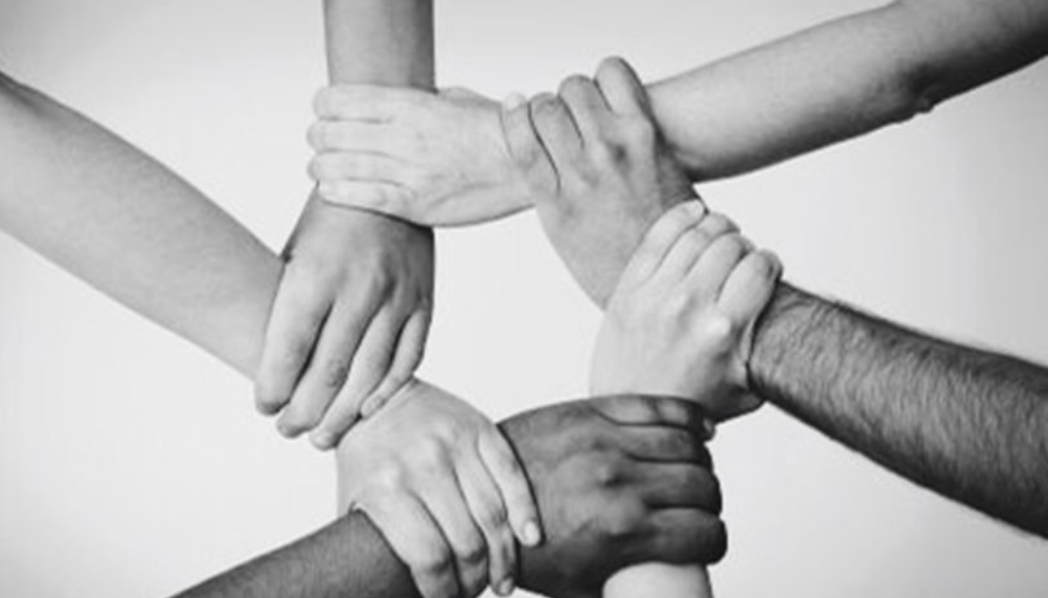Summary
Solidarity is one of the fundamental pillars of Islam. It is not just a momentary act or a moral obligation — it is deeply rooted in the sacred texts and the daily practice of Muslims.

Solidarity is one of the fundamental pillars of Islam. It is not just a momentary act or a moral obligation — it is deeply rooted in the sacred texts and the daily practice of Muslims.
Solidarity is one of the fundamental pillars of Islam. It is not just a momentary act or a moral obligation — it is deeply rooted in the sacred texts and the daily practice of Muslims.
The Qur’an and the Sunnah emphasize, through many verses and hadiths, the importance of helping others, supporting the needy, and contributing to a fairer society. Giving to the poor, visiting the sick, caring for orphans, and feeding the hungry are all encouraged actions that reflect a sincere and active faith.
Zakat, one of the Five Pillars of Islam, embodies this principle. It requires Muslims to allocate a portion of their wealth to those in need. But beyond financial giving, Islam strongly emphasizes human brotherhood, mutual aid, and shared responsibility.
In Muslim communities around the world, this solidarity is expressed through social programs, food drives, volunteer work, educational and medical projects. It is also present in everyday life — through neighborly relations, workplace ethics, and family support.
Islam encourages everyone not to live only for themselves, but to be of service to others. For by helping one’s fellow human, we also strengthen our own humanity.
Comments (0)
Sign in to leave a comment
Sign inNo comments yet
Be the first to comment on this article!